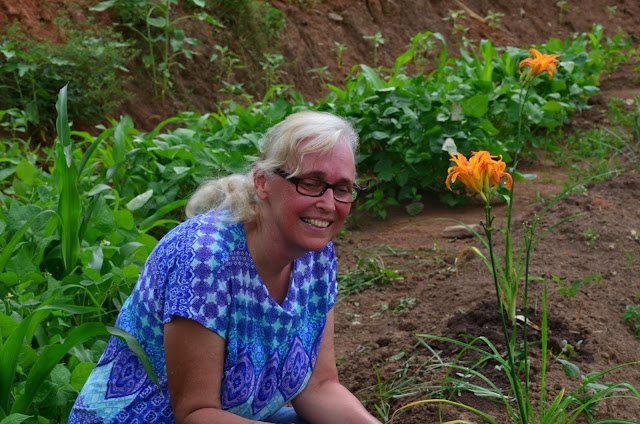Chapter 3 - Narnia and the Environment
The following considerations are based especially on ideas expressed in the Chronicles of Narnia and the Cosmic Trilogy, which they have tried to apply to the Brazilian Narnia.
1 – What we do about the environment depends on how we think about our relationship with nature in general.
2 – Our world is part of a cosmos that is full of life; that is, life is charged with meaning, and this meaning comprises and integrates the ethical relationships between living beings.
3 – For Lewis, nature is “an index, a symbol, and a divine manifestation.” The index points to something else; the symbol does not point to something else but represents this thing; the manifestation does not point and does not represent but shows the qualities of this thing. Nature has a kind of voice that points beyond it – to the creation and a creator.
4 – In Narnia, the forest, the rivers, etc., have meanings and values; renews our humanity and must be preserved for this reason too, if for no other.
5 – For Lewis, a tree is never merely a tree to be exploited and therefore needs all consideration and care. Deforestation, agribusiness, and unsustainable exploitation is exposed in Narnia and in science fiction. The environmental footprint should be everyone's concern.
6 – One of the most important ideals of stewardship, agriculture and care for nature is local food. Food should be consumed in part by the community that produces it and that has a concern for the health of the land on which it grows.
7 – Technology must be used wisely and not destructively. At the heart of sustainability must be a recognition of nature's limitations and a willingness to subject it to normative practices.
8 – When we violate the laws of nature, it will turn against us in all its manifestations and destroy us. The materialist, scientistic view in which everything can be reduced and become a physical component will lead to the destruction of humanity. A star is not just a flaming ball of gas – but this is what it is made up of.
9 – If there are no transcendent values, everyone can create their own moral system and nothing will be able to assess what is best for the sustainability of nature. Thus, any argument in defense of ecology, conservation or preservation disappears.
10 – Lewis' vision is of a world full of life, goodness, and purpose; rich in values, and intertwined with ethical relationships. His vision of nature is enchanted by spirits that live in trees, rivers and mountains. Even those who disagree with his theistic view can appreciate his ecological perspective. Lewis would perhaps quote what he wrote in Miracles:
"Go out, look back, and then you will see... this amazing cataract of bears, babies and bananas: this immoderate deluge of atoms, orchids, chains, cancers, canaries, fleas, gases, tornadoes and frogs. that this was the ultimate reality? How could you think it was just a backdrop for the moral drama of men and women? Nature is herself. Offer neither worship nor contempt."
And finally, he would agree with the words of Psalm 19:1:
“The heavens declare the glory of God, and the skies declare the work of his hands.”



























